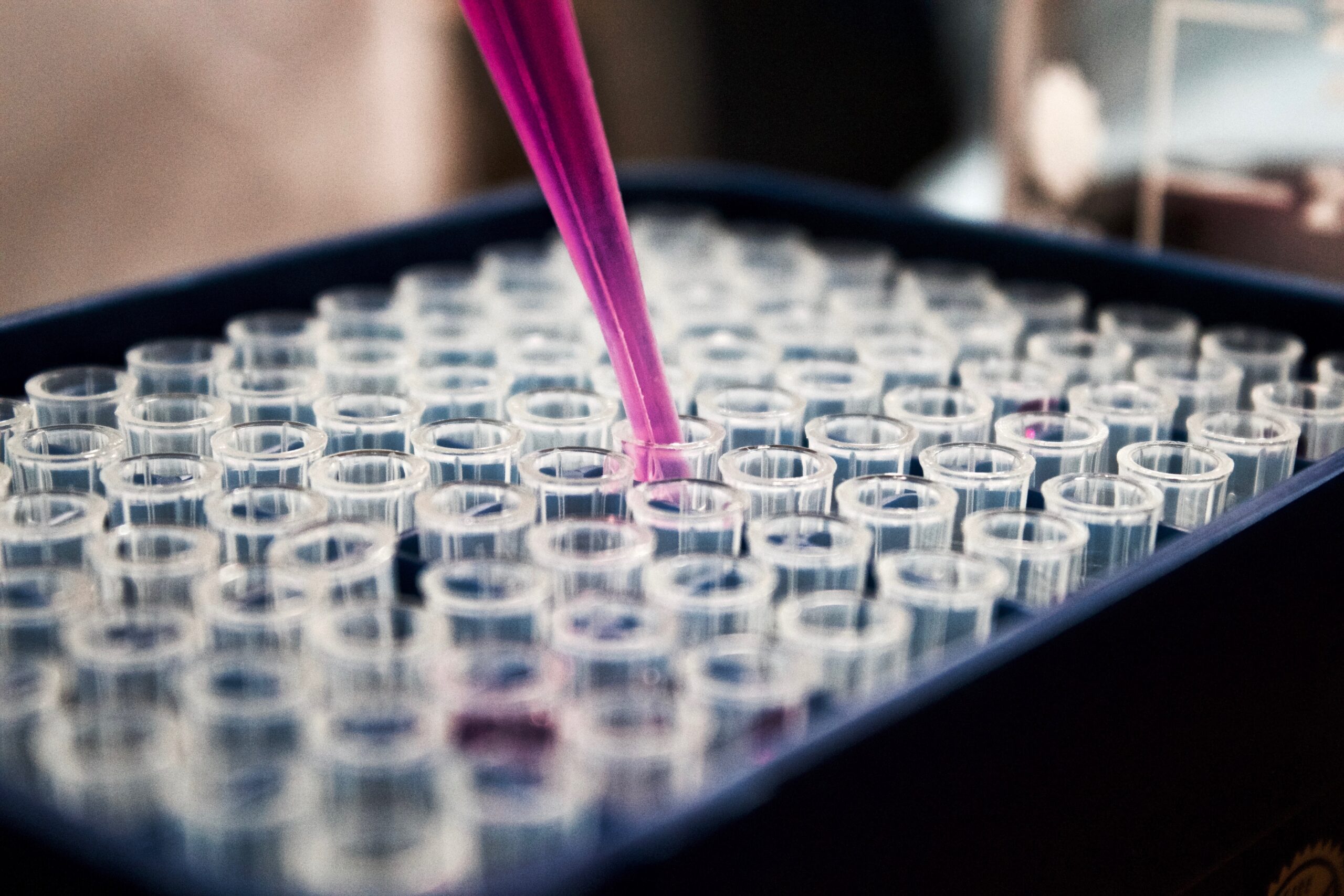Introduction
Currently there is no biochemical or histopatholigcal test to diagnose IBS. Diagnosis is usually done by eliminating the possibility of other gastrointestinal disorders. This can be a lengthy process and usually involve quite invasive procedures, such as colonoscopies. This new study was conducted in order to find a better and quicker way to diagnose and monitor IBS by looking at elevated biomarkers in your urine.
Methods
Urine samples from a group of 42 IBS patients and a group of 20 healthy adults were collected. There urine samples were compared, looking for different metabolites which may be related to IBS.
Results
They found in those with IBS there were 10 distinct elevated metabolic signatures which were not found in the healthy adults. These markers were associated with collagen degradations and intestinal mucosal turn-over. This suggests there is low grade inflammation in IBS patients and impairment of your colon, which can prevent normal function.
Take Away
This is a very small study with a low sample of patients but provides new data that may help us develop an easier and non-invasive way of diagnosing IBS. It may also offer a way to be able to track how well patients are responding to treatment for their IBS as they would be able to track how your biomarkers change in response to treatment.
More studies are definitely needed to continue to provide evidence that urine samples may be the next way we diagnose gastrointestinal disorders. Currently, researchers are expanding their study, looking at different biomarkers in not just IBS but other gastrointestinal disorders such as Crohn’s disease.
For now, this is early days so don’t expect to be seeing urine sampling rolled out on the NHS just yet, but it is a good start and hopefully will lead to a future of easier diagnosis.
Original Research Paper
Yamamoto, M., Pinto-Sanchez, M. I., Bercik, P., & Britz-McKibbin, P. (2019). Metabolomics reveals elevated urinary excretion of collagen degradation and epithelial cell turnover products in irritable bowel syndrome patients. Metabolomics, 15(6), 82.
Photo by Louis Reed on Unsplash

Leave a Reply